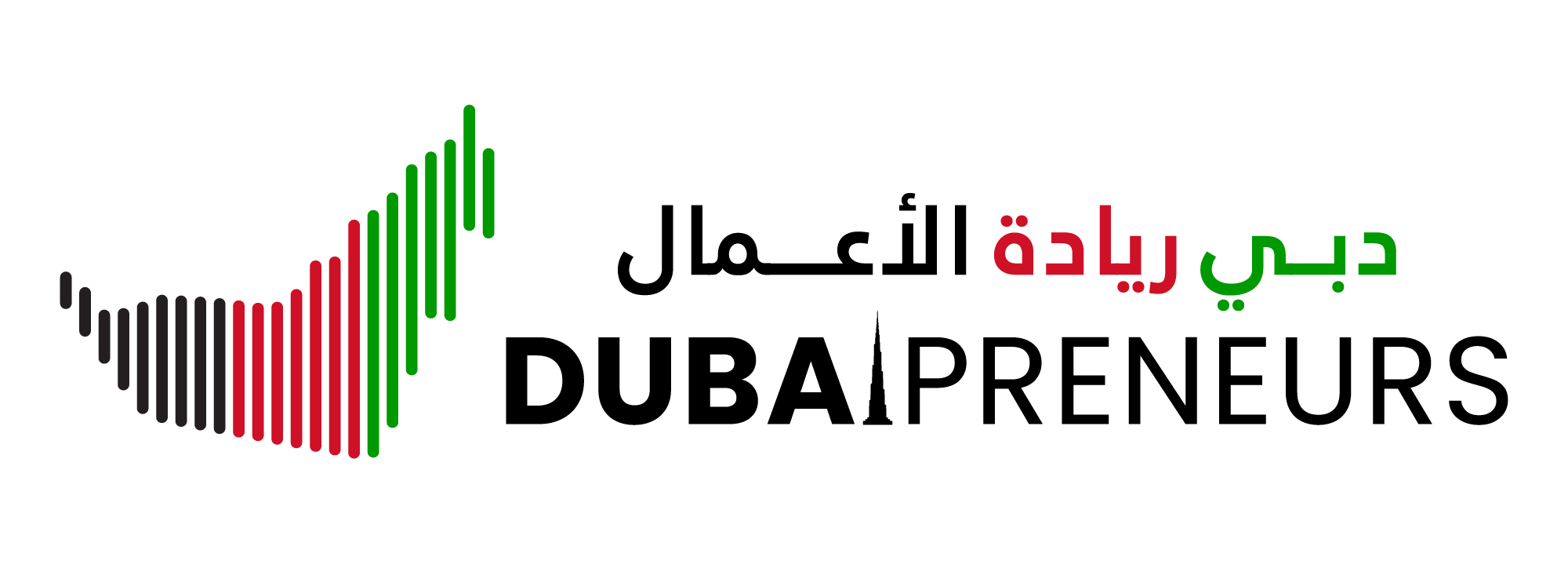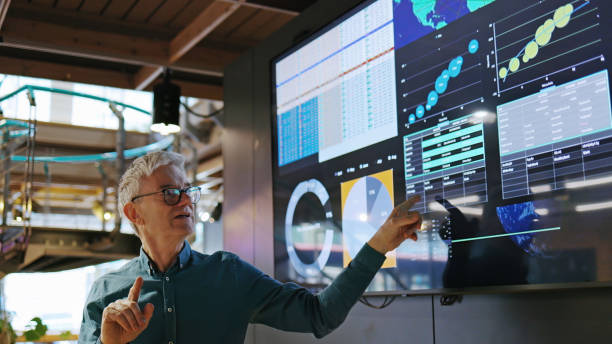In the rapidly evolving job market of the Gulf Cooperation Council (GCC), artificial intelligence (AI) is becoming a game-changer. According to a recent study conducted by the Society for Human Resource Management (SHRM) and the Department of Human Resources in Ras Al Khaimah, 80% of recruitment executives believe that AI will significantly affect jobs in the region. Talent acquisition and retention remain top priorities for HR executives, alongside adapting to the rising influence of AI.

AI’s Growing Influence on GCC Jobs
The study, titled “HR Priorities with AI in the Workplace – MENA Perspectives 2025,” highlights that 19% of executives predict more than half of their tasks will be impacted by generative AI. This technology is expected to transform how businesses operate, especially in recruitment and HR processes.
Interestingly, the study shows a disparity in readiness among firms. Only 3% of GCC companies believe their HR departments are fully prepared to integrate AI. On the other hand, a similar percentage of organizations admit they lack the skills needed and require digital upskilling.
Read more:
Sectoral Readiness for AI Adoption
The readiness gap is most apparent in the education and public services sectors, where traditional processes dominate. These industries, in particular, are expected to undergo significant shifts as AI tools become more prevalent. HR teams in these sectors are urged to adapt quickly, or risk falling behind in digital transformation.
Achal Khanna, CEO of SHRM East, emphasized the magnitude of this transformation: “HR is at the forefront of one of the most significant workplace transformations in modern history.” She further noted that AI will shift HR from traditional practices to more strategic, data-driven decision-making processes.
Challenges and Priorities for HR Executives
Despite the clear advantages of AI, the path to full integration poses challenges. HR professionals face budget constraints, skill shortages, and the pressure of managing remote and hybrid workforces. These factors complicate the adoption of new technologies, including AI-powered recruitment tools like Applicant Tracking Systems (ATS) and chatbots.
Over the next two years, talent acquisition and retention will dominate HR agendas, followed by employee well-being and talent development. Leadership development, employee engagement, and inclusion are also crucial for driving success in this new AI-driven environment.
Preparing for the Future
Vivek Arora, Managing Director of SHRM MENA, emphasized that AI won’t eliminate jobs but will evolve the roles of HR professionals. “The role of human HR managers will change, and they will need to evolve,” said Arora. He urged companies to provide their HR teams with the digital skills necessary to thrive in this new landscape.
As organizations move towards 2025, the integration of AI and HR will be pivotal in determining how companies adapt to the future of work. The intersection of human expertise and AI technology will not only streamline operations but also help companies retain top talent in a competitive market.
The influence of AI on GCC jobs is undeniable. As the future of work shifts towards AI-driven processes, HR departments must evolve and adapt. Talent acquisition, retention, and the digital transformation of HR are set to shape the future of organizations across the GCC. Those willing to embrace AI and invest in upskilling their HR teams will be well-positioned to succeed in the coming years.



